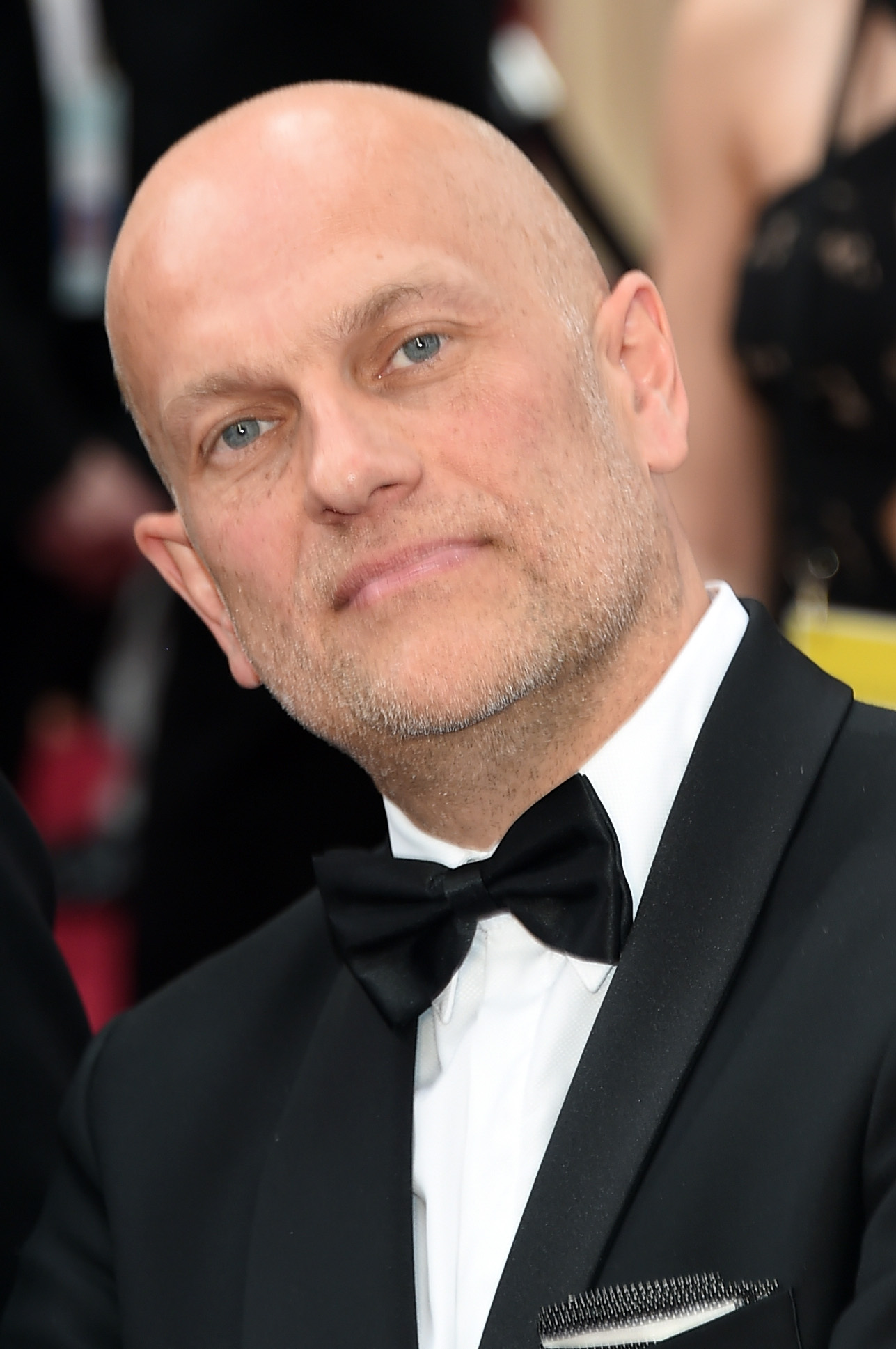
- Interviews
HFPA in Conversation: Ivo Felt Found Success in Lucky Coincidences
Estonian producer Ivo Felt believed in his instinct when he founded Allfilm 25 years ago with his business partners. During the years two of his films, Tangerines and The Fencer have been nominated for the Golden Globes, in the Best Motion Picture – Foreign Language category. He tells HFPA journalist Jean-Paul Chaillet that he didn’t expect that kind of success.
“Who could? I think actually when a good film is made you can’t really calculate that. Very often it is, it’s many lucky coincidences. Tangerines is a classic example of that. There was the delightful director Zaza Urushadze, a real good friend of mine who now passed away already. He came to Tallinn, Estonia with a film developed, which was called, I think, Georgian Film Days in Tallinn or something.”
Felt explains that there are some similarities between Estonia and Georgia, and that Tangerines, a story about two ethnic Estonians going on with their daily life during the Abkhazia war, became a co-production between two countries. Felt wasn’t attached to the project from the beginning.
“Somehow it was just coincidence that I happened to be producing this film because the script existed before me. I was quite critical towards the script at the beginning. We didn’t have a clue that it could go so well afterward. We were struggling to get a sales agent, struggling with getting the world premiere in a decent festival so it wasn’t so easy at the beginning at all. But somehow from the Warsaw Festival, I need to praise Stefan Laudyn who is the Warsaw International Film Festival director who was brave enough to select us. Then it started to go. And yes, and then it ended up with being quite noticed.”
Tangerines was nominated for the Golden Globes in 2015, and Finnish-Estonian-German co-production The Fencer got its nomination in 2016. “This is another coincidence. There is a Finnish film production company Making Movies and we did films before that together. We started from a documentary and then we had some other projects. And when my good friends called and sent me the script saying that there is a fencing film in a little Estonian town Haapsalu, happening in the ’50s I promise to read it. But I was busy with other stuff and it took a long time before I did read it.”
He fell in love with Anna Heinämaa’s script that told the story of Endel Nelis, an accomplished fencer, and coach who left Leningrad to escape the secret police and found work as a teacher in Estonia. “It really moved me. We talked if the director could come from Estonia or Finland and then the Finnish director Klaus Härö came along. It’s very much a Klaus’ film. It is a universal and personal story, very easy to understand. In a way as well, simple, so I think this is the reason why the film got popular.”
Listen to the podcast and hear how Covid-19 influenced his personal and professional life and what TV shows he’s been watching; what were his goals when he started his production company Allfilm and what kind of obstacles he ran into at the beginning; why production services are important for the Estonian film industry; why he liked to work with Tangerines director Zaza Urushadze; why Tenet was filmed in Estonia and what kind role he had in the production; how he describes collaboration between Finland, Estonia and Hungary; why Finnish TV influenced him; when he visited a movie set for the first time; why music is important to him and how he started to work as a sound designer; does he watch movies again and again?; what is his opinion about streaming services; did he have mentors?; what advice he gives to future filmmakers; how he sees the future of Estonian cinema; and what is the proudest moment of a producer.